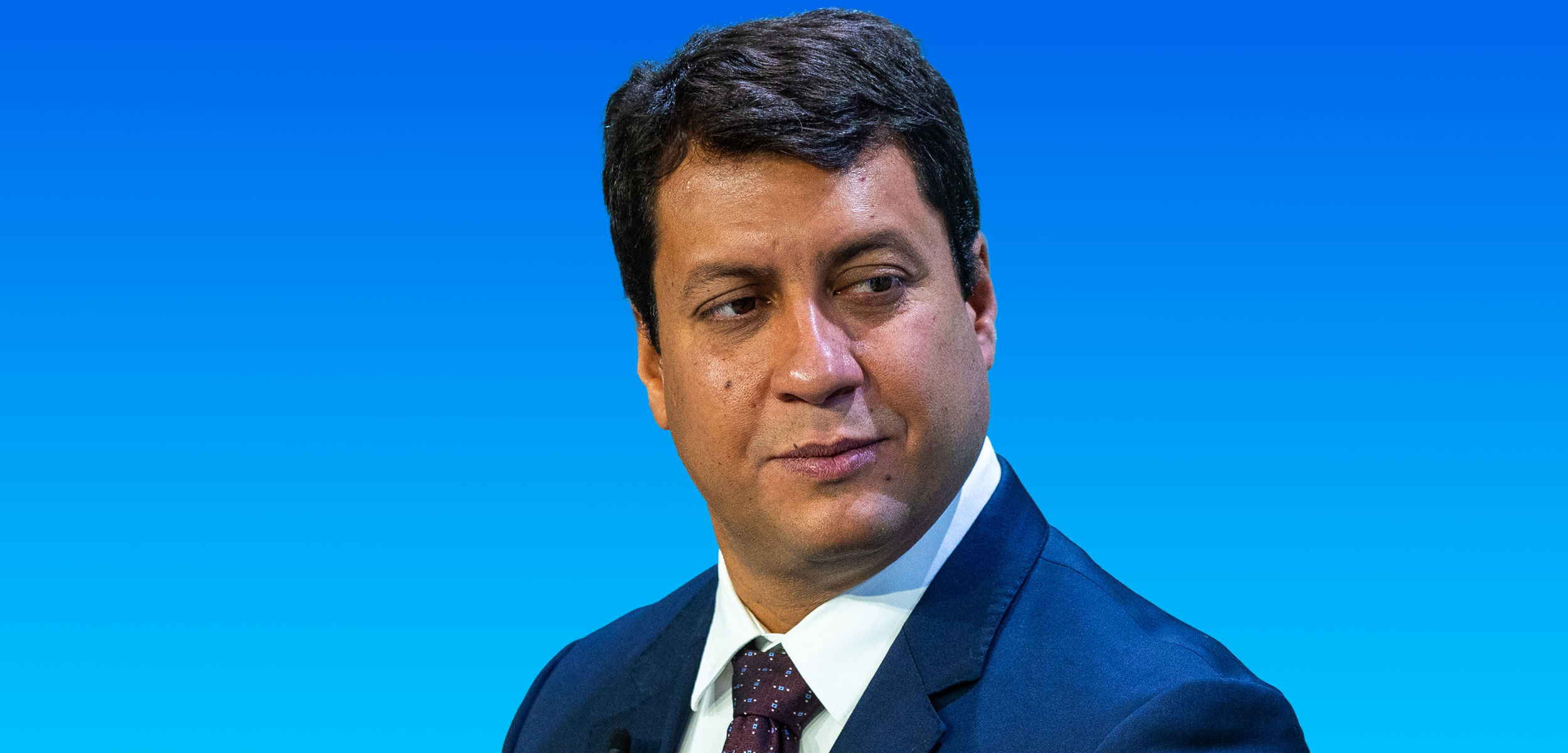Fabricio Bloisi took the reins of Naspers and its investment arm Prosus in July with a plan to double the value of the 110-year-old group within the next four years.
The new CEO and former start-up founder has begun scouring the globe to replicate the blockbuster success from Prosus’s US$34-million deal in 2001 to buy 50% of China’s Tencent Holdings. That investment made the company about $125-billion.
The 47-year-old Brazilian spoke in an interview with Bloomberg about his confidence in picking winners for one of the world’s biggest technology investment firms, why he’s bullish on India and AI, what Elon Musk’s Starship says about the need to adapt, and Europe’s risk of getting left behind. The transcript has been edited for brevity.
Your plan is to create another $100-billion in value at Prosus over the next few years. What’s the biggest barrier to success?
The only valuable thing in a business is its people and its culture — the way it innovates, communicates and adapts. What makes a company special is not what it can invest in or its products, but how it moves and adapts.
It is very important that one has a very good team that can envision the future together, and they can make it happen and they can be in power and keep innovating. The biggest barrier will be to not have a strong team. That is my biggest objective.
Prosus has a lot of Chinese exposure, but you’ve also talked about your excitement about India. What is so right about the India market?
India is one of the biggest markets in the world, and its importance is just going to increase. Prosus started investing in India seven years ago and now we have very big success cases there. India has a different kind of innovation that the whole world should be looking at.
They are not just copying what’s happening in the rest of the world, but they’re innovating there and they are innovating for 1.5 billion people. The mood in India is the country has many years of growth ahead — and not just growth through exporting their services, but also through innovating their own services.
What are you learning about what works and what doesn’t when it comes to leveraging AI across your sites?
What I think we can do as Prosus is to make sure that exceptional performance in AI is being deployed in all our markets — across India, in Europe, in Africa, in Latin America and Asia. It is a very big opportunity. Our company is going to change completely. Every person that works in Prosus should use AI daily to amplify their work.
We included AI in our internal communication system and our database is connected, too. I am looking for 10 000 people daily from our 30 000 employees to use our own AI to work better every day.
 What do you learn as a tech investor from having this big exposure to Tencent?
What do you learn as a tech investor from having this big exposure to Tencent?
There is a positive side to having such a successful investment: it makes us believe that it is possible to do it again. And we will do it again.
Tencent grew because of the expansion of the Chinese internet market, but there is a similar opportunity in size in India and we are investing heavily to do that in India. When we invested in China 20 years ago, most people didn’t believe that we could create a big business from that. But now we know that it’s possible.
You come with a huge amount of entrepreneurial experience. What does that mean for Prosus now that you’re CEO?
It means the future is innovation, disruption and learning new things. That’s why I’m here. The company that stays the same, the company that keeps doing what they’ve been doing the last 10 years, they’re not going to succeed or even be there 10 years from now. It’s time again to reinvent and it’s in the DNA of Prosus to reinvent itself.
And finally…what are you reading, watching or listening to that has left an impression?
Two interesting things. I was amazed by the SpaceX Starship landing. The Starship product started five years ago, and now they’re landing their 20-floor building. It shows us that things that were completely impossible two, three years ago are now happening.
So, imagine what is going to change in space, in e-commerce, in education, in health. We have to think exponentially and take more risks and move faster, because there is everything to change and to build.
It brings me to a second thing. A discussion I saw over the last two weeks is how much regulation and bureaucracy we have today in Europe. Europe was an important global leader over the last 500 years, but there is a massive transformation happening now. It is more risky to not move than take the risk and be the future. — Loni Prinsloo and Anna Edwards, (c) 2024 Bloomberg LP
Get breaking news from TechCentral on WhatsApp. Sign up here





